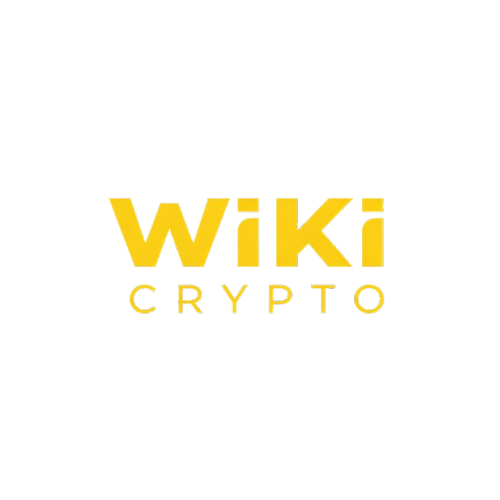Despite being pushed out of the South Korean market earlier this year, cryptocurrency exchange KuCoin is preparing for a strategic reentry, led by new compliance initiatives. CEO BC Wong, newly appointed in 2025, confirmed that KuCoin’s return to South Korea is a priority—but only under a globally aligned compliance framework. This marks a pivotal shift in the exchange’s approach following a major regulatory crackdown in March and April, when South Korea ordered tech giants like Google and Apple to block unregistered crypto platforms, including KuCoin.
While its services have been suspended, KuCoin has not completely exited the South Korean market. Wong emphasized a cautious but firm intent to return once the regulatory conditions are right. He also suggested that the compliance challenges may not be solely about consumer safety. “It’s not just about consumer protection,” he remarked, hinting that some rules might be used to favor domestic exchanges over global competitors.
Regulatory Challenges Beyond South Korea
KuCoin’s compliance struggles aren’t confined to Asia. In Europe, the exchange has run into friction despite the introduction of Markets in Crypto-Assets Regulation (MiCA), which was designed to harmonize crypto operations across EU countries. According to EU CEO Oliver Stauber, inconsistencies in how national regulators interpret MiCA have undermined its passporting benefits, making it harder for KuCoin to expand across Europe.
These regulatory hurdles highlight the growing complexity global crypto exchanges face, especially when local authorities apply rules in ways that conflict with broader frameworks. It’s a recurring theme in KuCoin’s operations, revealing a tension between innovation and compliance in fast-evolving markets.
History of Crackdowns
KuCoin has been on South Korea’s regulatory radar for some time. In 2022, the Korea Financial Intelligence Unit cracked down on 16 overseas exchanges, including KuCoin and MEXC, for providing services without proper registration. These platforms were accused of violating the Financial Information Act, further complicating their ability to operate in the country legally.
Strategic Leadership and Market Adaptation
Under BC Wong’s leadership, KuCoin is taking a legally strategic and compliance-first approach to expansion. Wong, who previously served as the company’s Chief Legal Officer, brings deep expertise in navigating complex regulatory environments. His leadership comes at a time when global crypto platforms are under increasing pressure to comply with divergent international standards.
Meanwhile, KuCoin continues to evolve. Recently, the exchange launched trading for the Official Trump (TRUMP) token on its spot market, showing it remains responsive to market trends despite external pressures.
Conclusion: Compliance as a Gateway to Market Reentry
KuCoin’s reentry into South Korea is being driven by a renewed focus on regulatory compliance, signaling a more measured and resilient growth strategy. The exchange’s journey reflects the broader challenges global crypto firms face as they balance innovation with regulatory alignment. As KuCoin recalibrates, its return to South Korea could serve as a case study in how compliance can become a strategic asset rather than a limitation.
